By: Mara Evans
June 2016
It is pushing 100 degrees under the South Sudanese sun as a goat wanders past the hospital entrance and a crackly voice on my walkie talkie reminds me to bring extra mosquito nets to the maternity department. At the same time, I am attending my Johns Hopkins School of Nursing DNP Executive Track orientation. After 6 months in the field, my first mission as a midwife with Doctors Without Borders is coming to an end as I am beginning a new educational chapter via a terrible internet connection and an online meeting platform that I will come to know too well over the next few years.
July 2018
I didn’t know it yet, but my DNP path would be filled with twists and my final doctoral work would often mentally transport me back to that dusty setting and the women and their daughters who I had the opportunity to know. It was there in South Sudan that I first cared for women affected by female genital cutting (FGC).
FGC has no health benefits; it is a cultural practice of gender-based violence that involves the partial or total removal of the external female genitalia. Although community campaigns and educational efforts are promising, the practice continues for multiple reasons including religious expectations, efforts to control women’s sexuality, for aesthetic reasons, and perhaps most influentially, the parents’ beliefs that FGC will affect a daughter’s future marriage prospects. Each year approximately 3 million girls are at risk for FGC throughout Africa, the middle East, and Southeast Asia. FGC can have long-lasting effects on a woman’s life and require specialized care from medical providers, especially during pregnancy and childbirth.
Due to immigration and refugee resettlement the prevalence of FGC is increasing in places where the practice was once unheard of. For example, half a million women or girls who live in the U.S. were born in a country where FGC is practiced or have parents from an FGC-practicing country. Unfortunately, health care providers and students in high-income countries have little to no formal training in caring for this vulnerable population.
We’re working to change that. My friend and PhD candidate at Johns Hopkins School of Nursing, Christina Marea introduced me to important work being done by Dr. Johnson Agbakwu at Arizona State University’s Southwest Interdisciplinary Research Center. I joined their research team and helped them construct a one-day intensive workshop curriculum to optimize care for women and girls affected by FGC. This training features internationally known FGC experts (including my adviser Dr. Nicole Warren), hands-on surgical simulation, stories of women with first-hand experience of FGC, and interactive case studies that highlight the importance of cultural competency and ethics. The feedback from participants has been overwhelmingly positive and our international colleagues who attended the FGC summit in Montreal (where the curriculum was recently presented) expressed interest in our hosting the workshop at other academic institutions in the near future. Dr. Warren and I plan to host the training in the Baltimore/DC area this fall and I am happy to extend an invitation to providers and students.
I’m writing this blog at 33,000 feet en route to Australia’s 12th Biennial Conference of the Global Network of WHO Collaborating Centres for Nursing and Midwifery where I will talk about the FGC curriculum and its pilot data. I feel many things. I feel grateful for the opportunity to dedicate my doctoral work to a project that may make life better for women and girls. I feel indebted to my mentors and team members for their guidance. I feel the first soft twitches in my lower abdomen—a feeling I have described throughout my career as midwife. I am 5 months pregnant with my first child and already know that, like parents everywhere, I will want to do all that I can to provide my daughter or son a good start in life. Skimming high above the clouds of northern Africa, again I bring to mind South Sudan and the first woman I met with FGC. I think back to her, her beloved new baby, and I hope she has chosen not to practice FGC on her daughter. In the meantime, until the eradication of FGC, I hope whoever is caring for that woman and her baby now and in the future might be better prepared than I once was through resources such as this FGC training.
ABOUT THE AUTHOR
 Mara Evans is a Certified Nurse Midwife who trained at Yale University. She has worked in a variety of settings throughout her career. During her 2 missions with Doctors Without Borders in South Sudan she cared for women who have been affected by Female Genital Cutting and promoted capacity building of national midwives through didactic lectures, hands-on simulation, and bedside teaching. Currently she practices full scope midwifery at Dean Health and St. Mary’s Hospital where she is helping to establish the hospital’s first midwifery service.
Mara Evans is a Certified Nurse Midwife who trained at Yale University. She has worked in a variety of settings throughout her career. During her 2 missions with Doctors Without Borders in South Sudan she cared for women who have been affected by Female Genital Cutting and promoted capacity building of national midwives through didactic lectures, hands-on simulation, and bedside teaching. Currently she practices full scope midwifery at Dean Health and St. Mary’s Hospital where she is helping to establish the hospital’s first midwifery service.
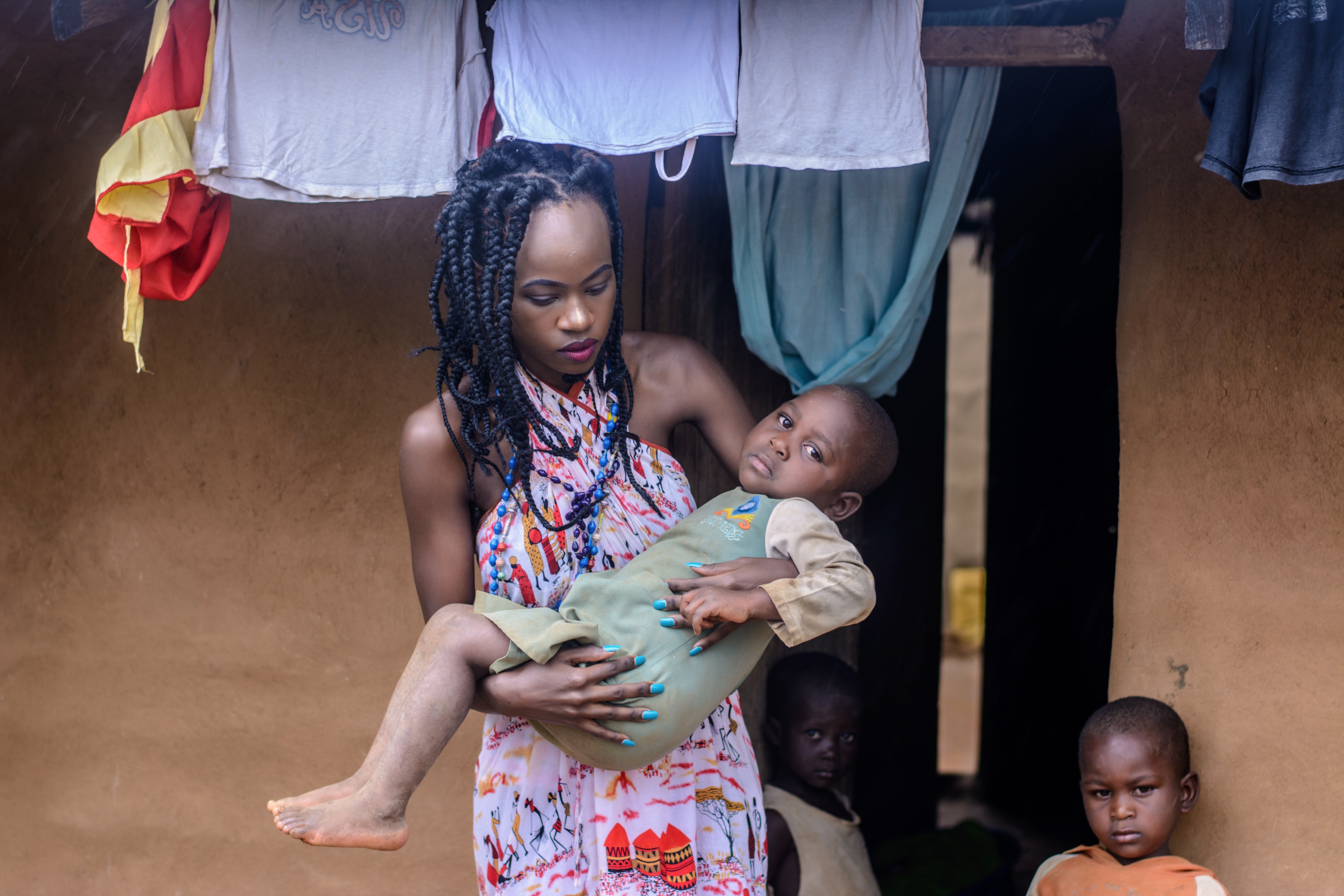
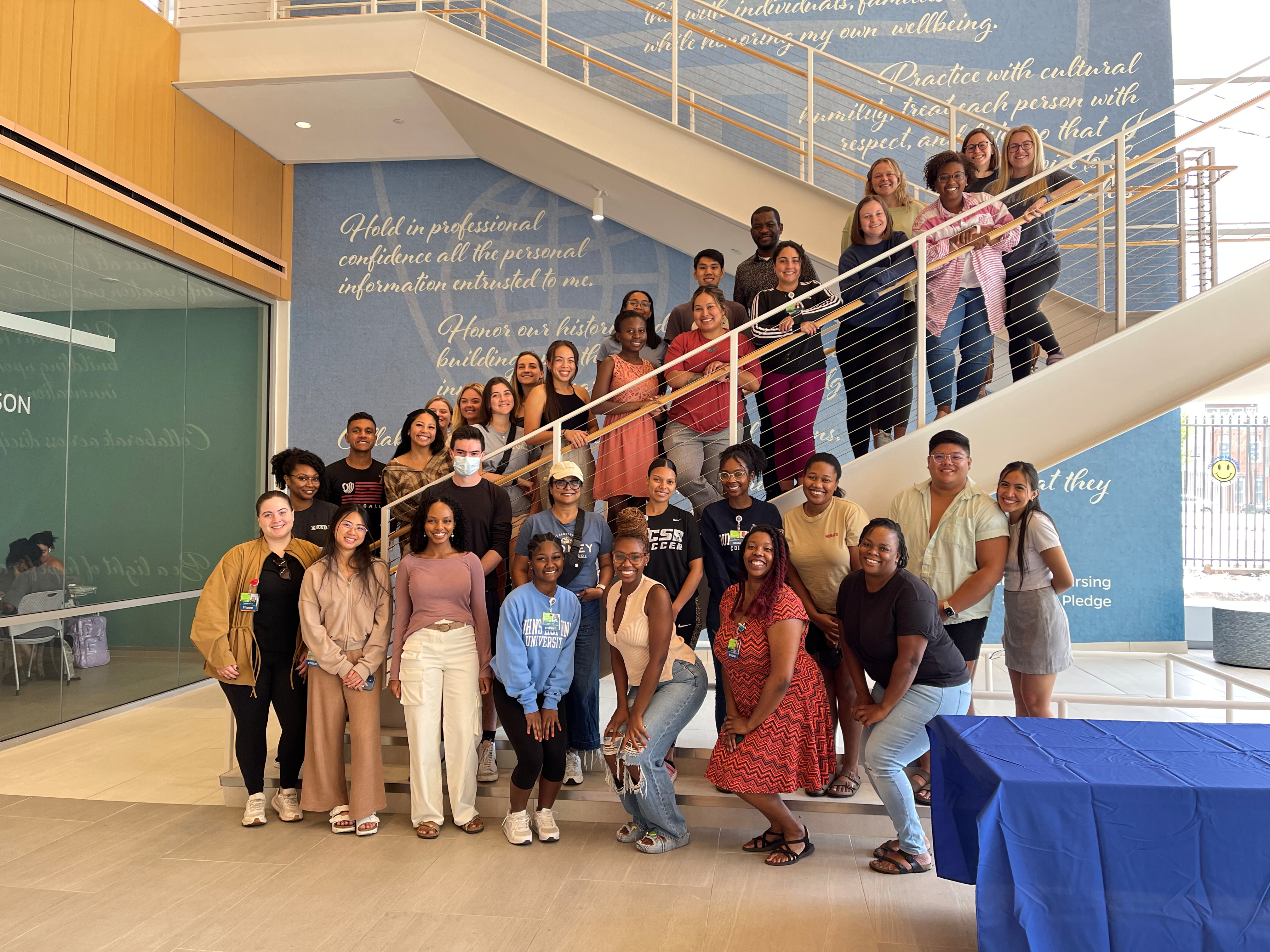 The Learning Collaborative: ‘I Think I Can, I Think I Can …’
The Learning Collaborative: ‘I Think I Can, I Think I Can …’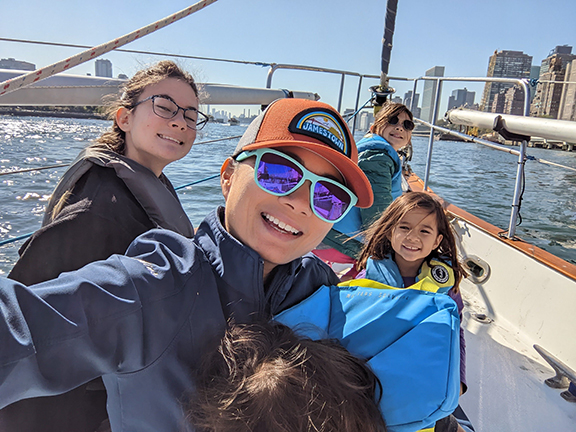 Sea Change for DNP Student
Sea Change for DNP Student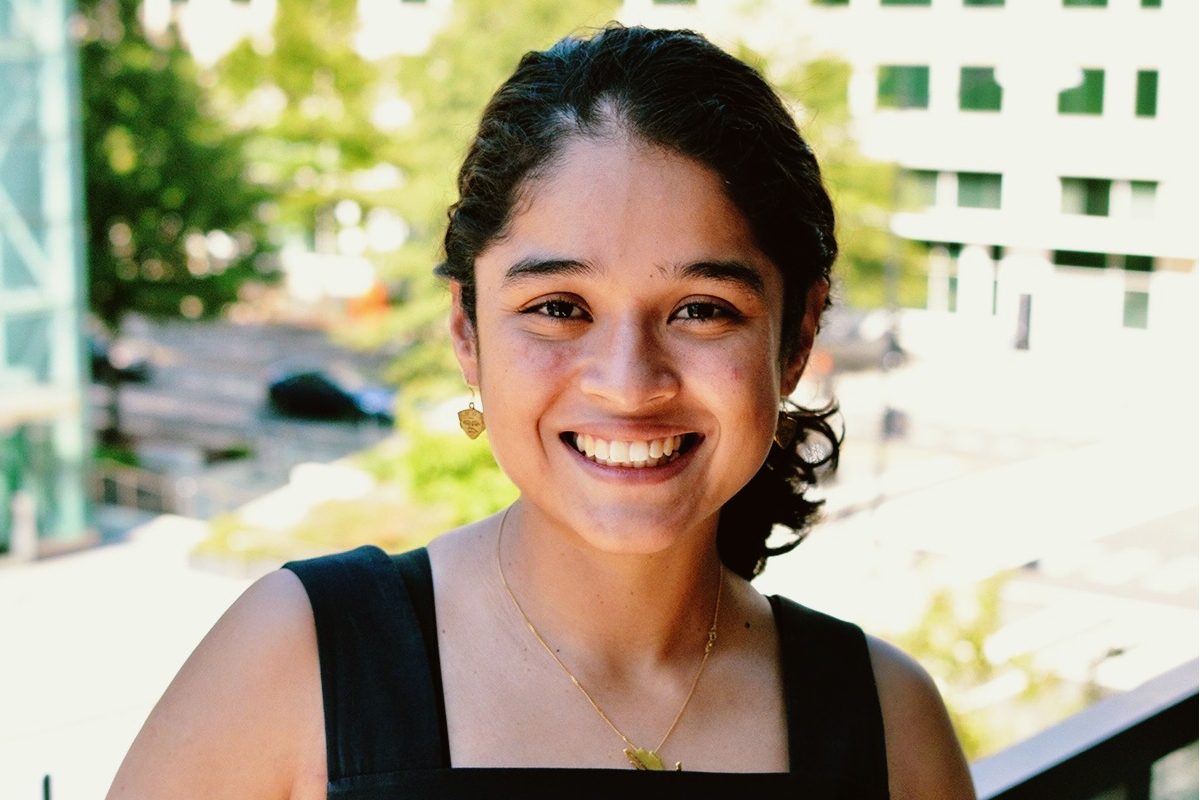 All Together Now!
All Together Now!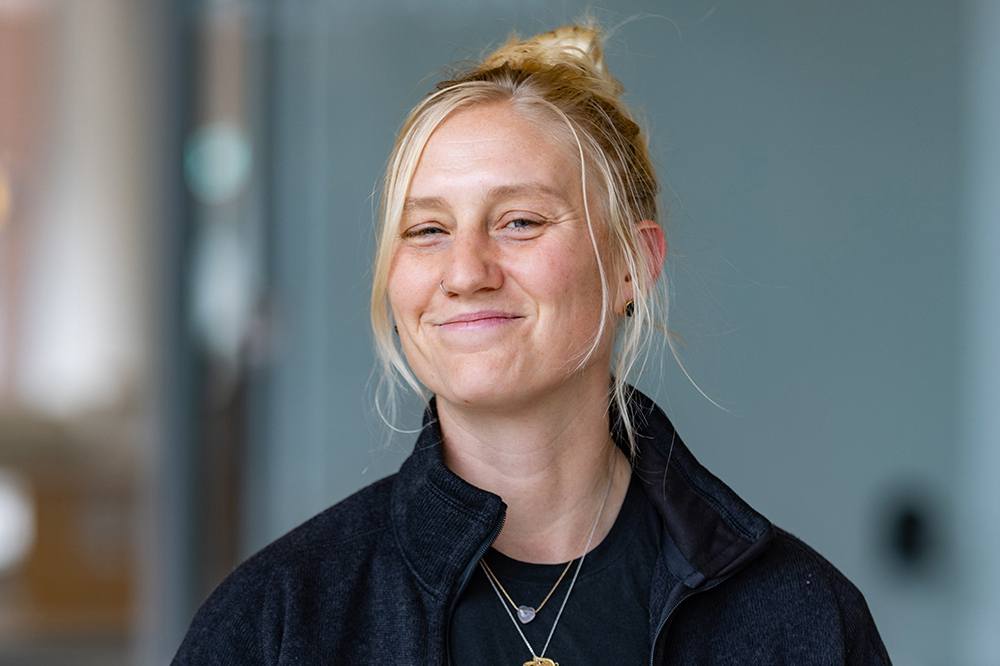 Team Captain
Team Captain Sky’s The Limit
Sky’s The Limit







